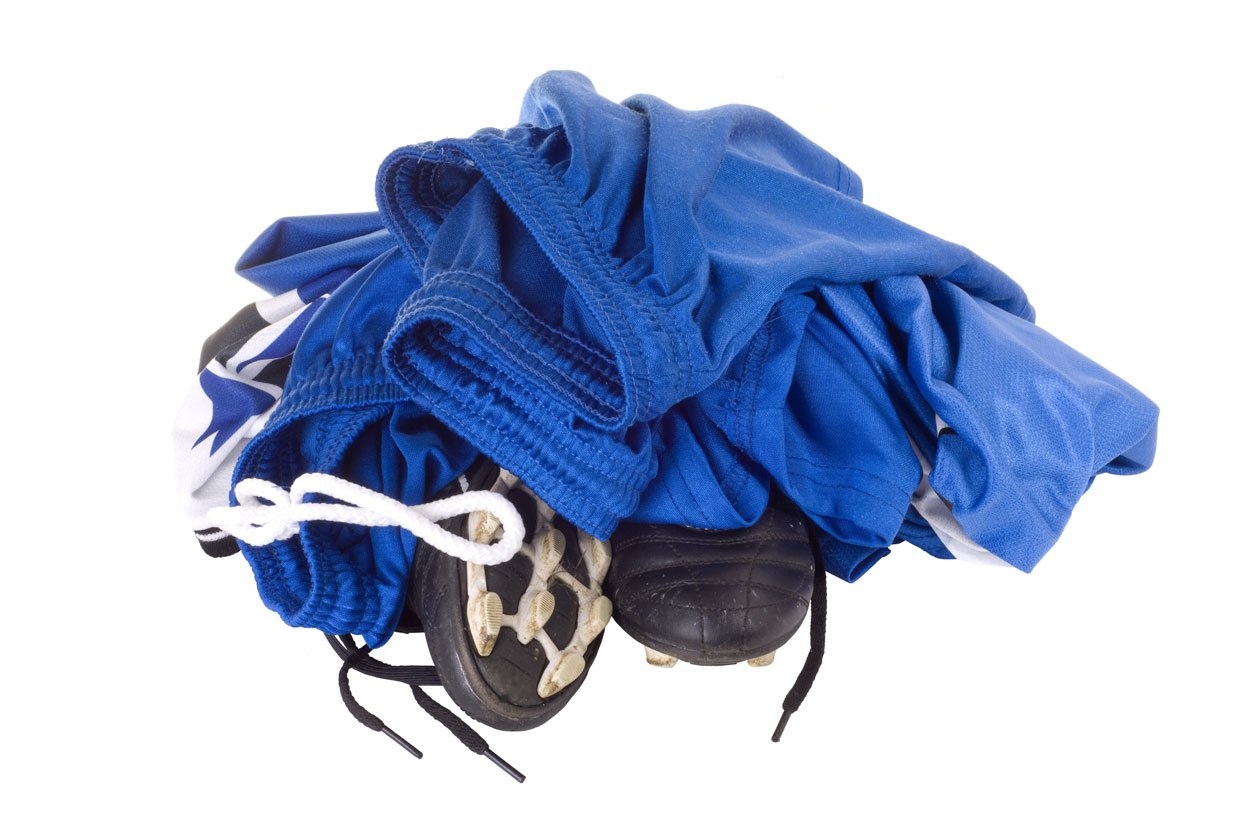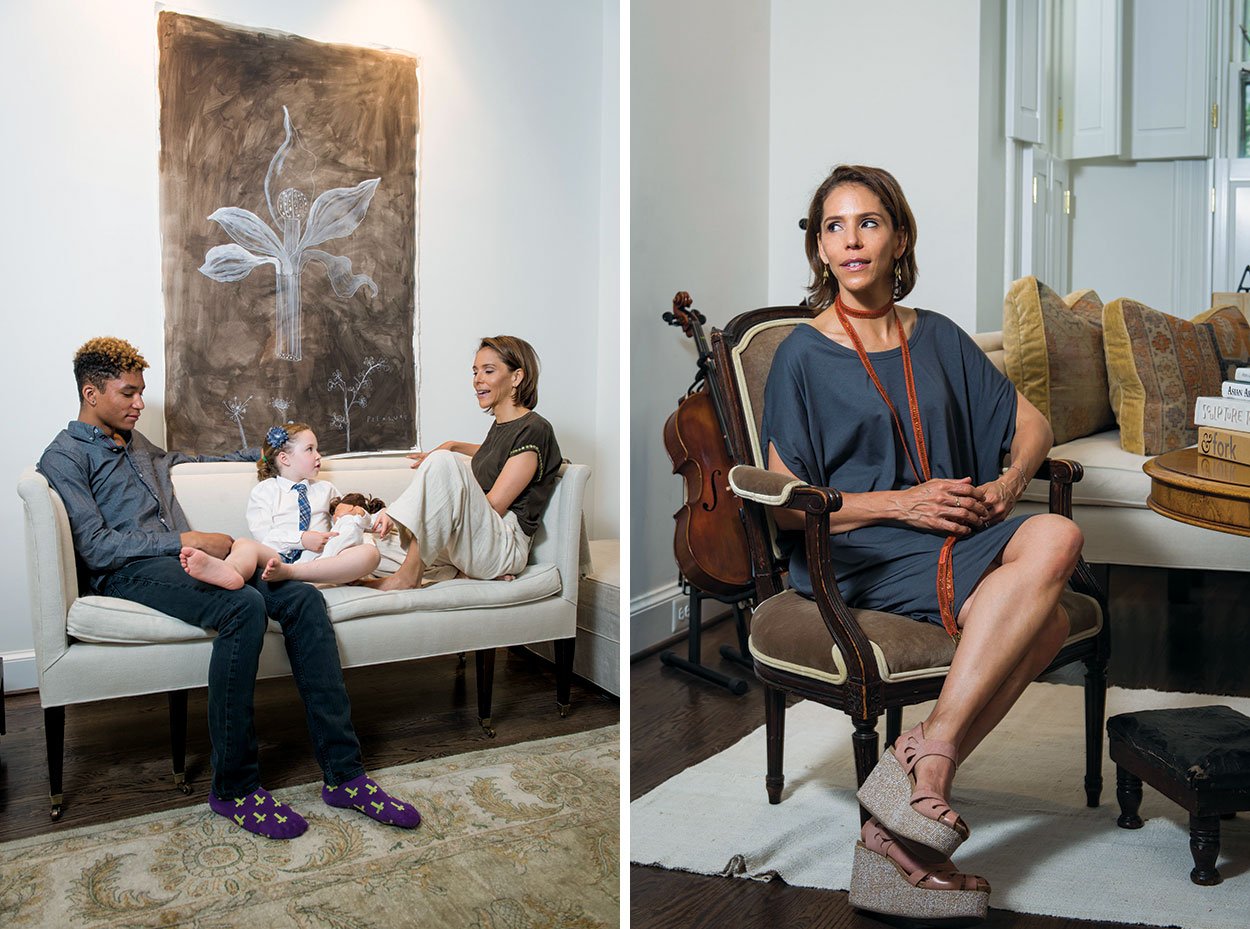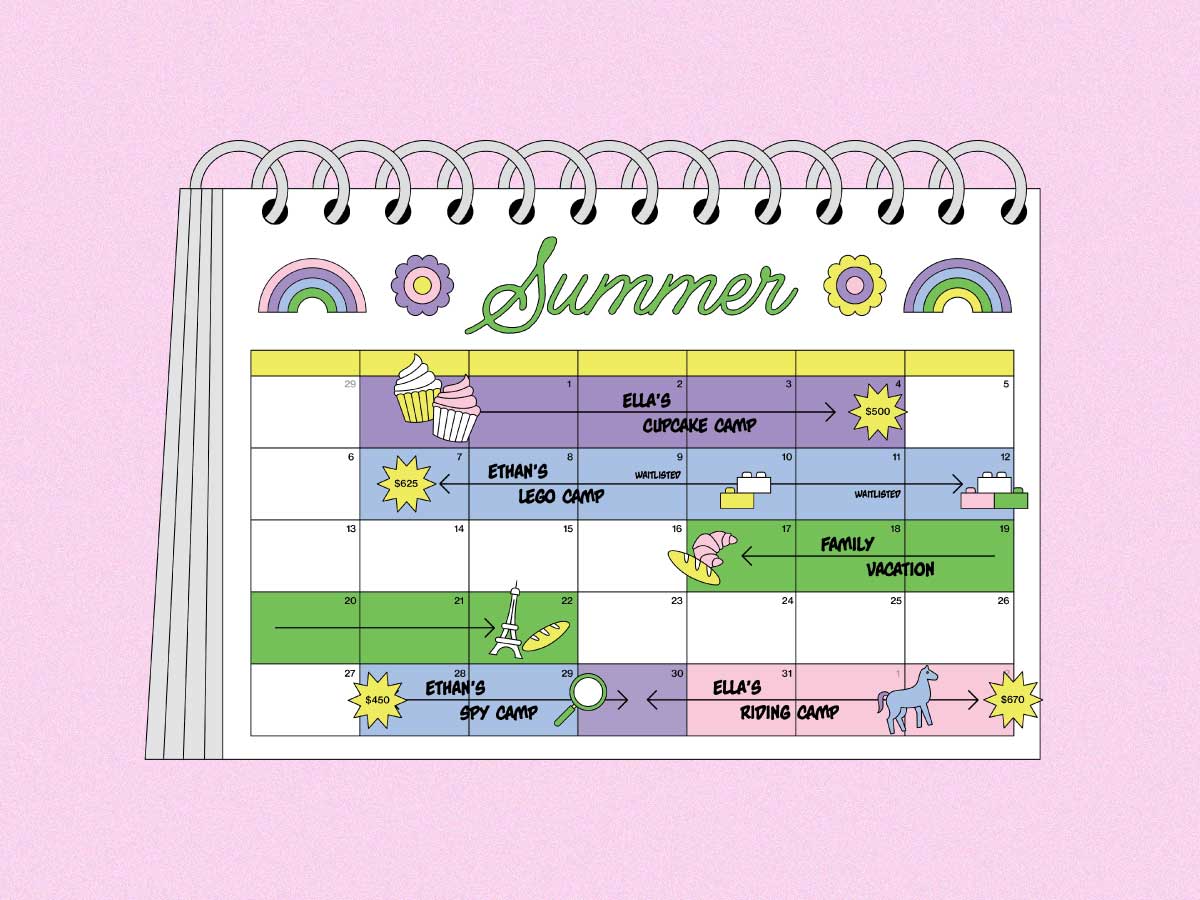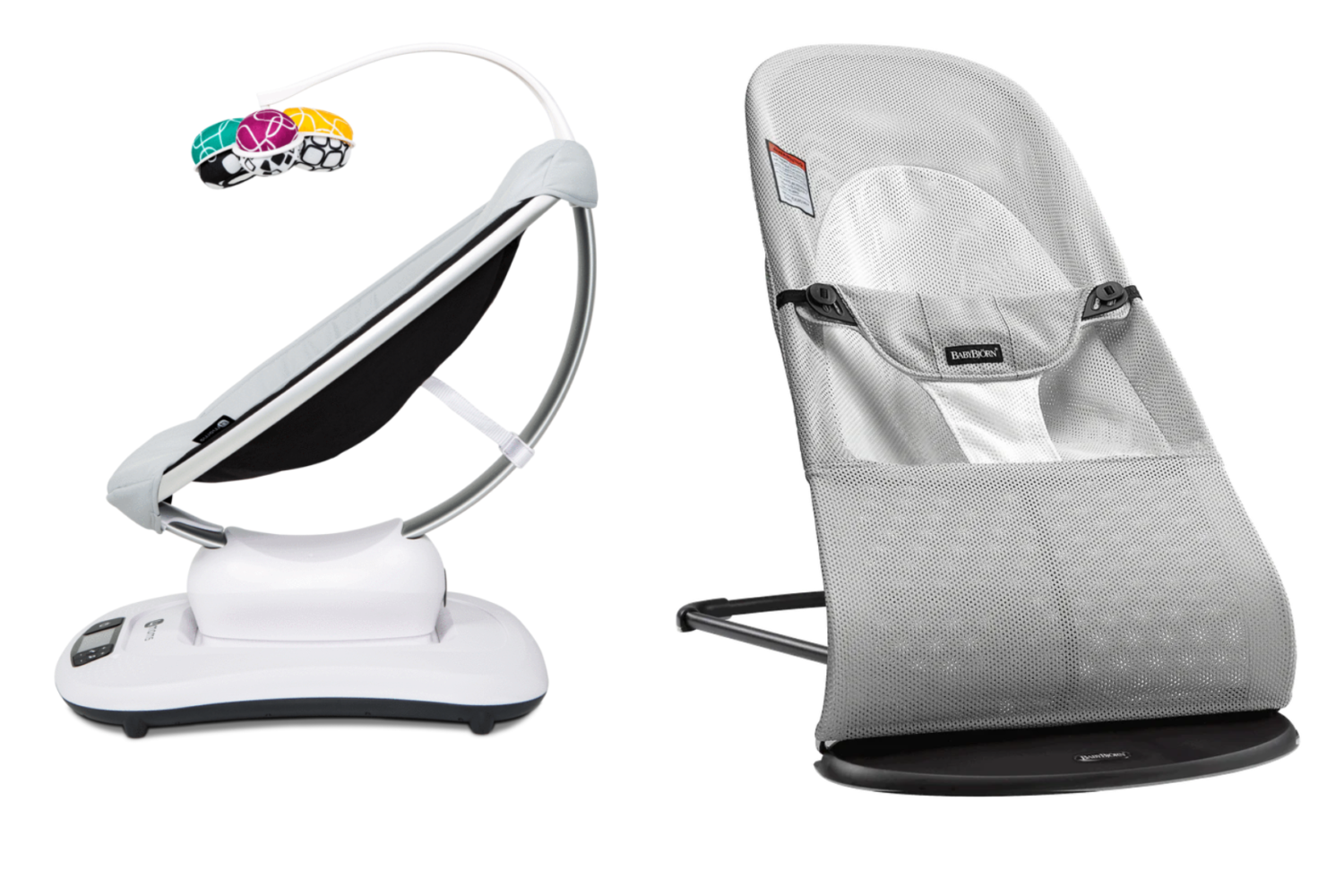Stirring the mommy-wars debate is a tempting and seemingly fun thing to do, especially in the media. Even before becoming a parent, I was mildly fascinated with this idea of working moms and stay-at-home moms, the choices they made, and the way they apparently judged one another. In one corner of the boxing ring is the self-consumed, career-addicted, absentee parent and in the other, June Cleaver, the woman disappointing the women’s movement and future generations of girls by turning back the clock to tend to her home and husband.
Over the past six years, I’ve been on both sides of the fight.
If you define “mommy wars” by how parents are judging each other, it seems more nuanced to me: It’s a person’s approach to parenthood, rather than his or her career choice, where the juicy arguments really start. The fault lines in that discussion fall more evenly between those who feel they are actively raising their children and parents who are accused of treating their kids as accessories.
Trouble is, the baby-as-accessory parents all look very different. They’re just as likely to be driving a Prius and composting as they are to be driving a luxury SUV that’s towing a boat. What the baby-as-accessory parents share in common is selfishness. These parents have a vision, an expectation, and things they need to accomplish on their terms; the baby gets to fit in accordingly. I suppose the degree of their selfishness is subjective, left to the lens of the gossipers.
Certainly there are “if it makes a mess, demands me in the middle of the night, or interrupts my lifestyle in inconvenient or messy ways, then let’s outsource” parents. You can head to any park in a tony neighborhood around the Beltway on a Saturday morning and spot plenty of nannies playing with the kids. Beyond the weekend nannies are the women who hire full-time nannies and night nurses, even if they’re home full-time. For these Real Housewives parents, the unthinkable is sleep deprivation, missing a shower, or getting stuck at home with piles of laundry.
An extreme example in the world of full-time working parents would be the self-described part-time parent; this one’s not even discreet. In February, Rahna Reiko Rizzuto kicked up some controversy when she wrote a piece for Salon in which she described leaving her kids for six months for a job in Japan. When she returned, Rizzuto said she thought time away from her kids makes her a better mom. The story left me wondering: Did it make her a better mom in her eyes or in her kids’s eyes?
Children, whether of parents with tremendous means or of very little, all need the same thing: our time, attention, patience, and love. That steep learning curve when you’re becoming a parent includes realizing and accepting that the child’s needs are real and important and usually fly in the face of our plans and schedules, like it or not. I would never diminish that it’s a difficult and challenging adjustment. Parenthood isn’t an à la carte menu catering to your cravings of the day.
I believe you can work full-time and raise happy, well-adjusted, amazing kids who know they come first in your life. But I don’t think you can head off to Japan and then decide the whole parenthood gig works better for you when it’s not full-time.
I believe you can leave your high-powered career to raise your kids without failing future generations of women. But I do think it means messy, hard work and not farming it out to someone else around the clock.
There are shades of gray in all the decisions we make as parents, but when accessorizing your life with a baby, the common thread of selfishness can’t ever be masked, especially to the kids. They’re always smarter than we think.
So in the end, the question is: Do you think the next wave of mommy wars pits these very different approaches to parenting against each other? Ultimately, why do we judge other parents, because who cares if someone is accessorizing his or her life with a baby, as long as we aren’t doing it to our own kids?














